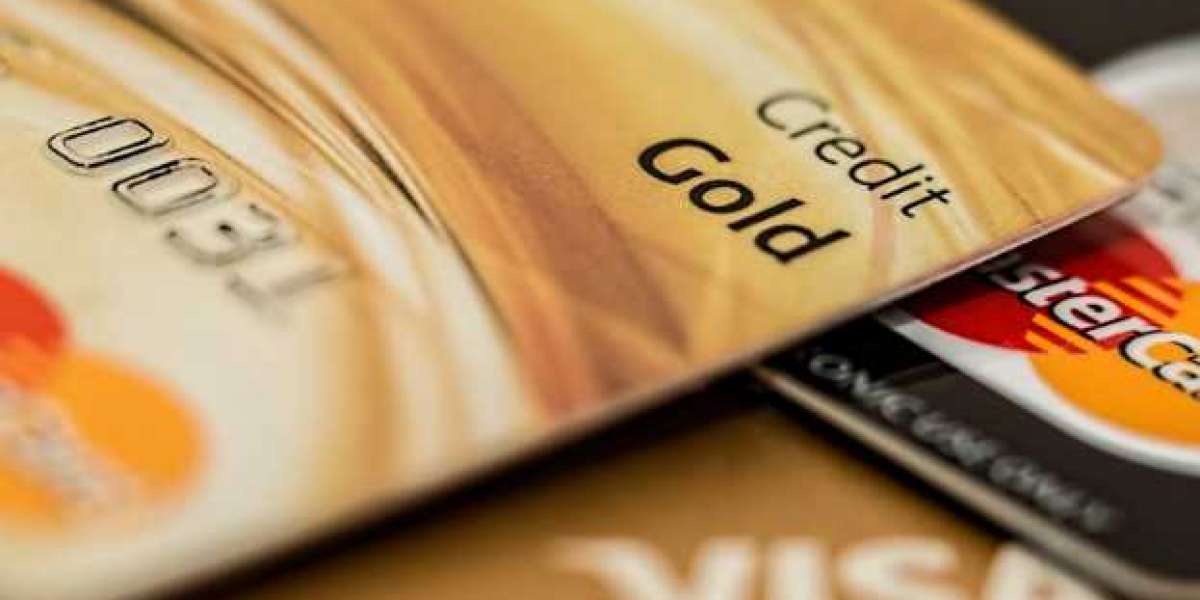Introduction
The rise of digital platforms that operate in the shadows of the internet has sparked numerous debates about ethics, cybersecurity, and financial privacy. One such name that frequently emerges in these discussions is brians club While some see it as a platform for exclusive financial insights, others view it as a controversial marketplace with questionable activities.
So, where does the truth lie? Is briansclub a revolutionary platform, or is it a symbol of the hidden dangers lurking in the digital world? This opinion piece seeks to explore both perspectives, offering a critical analysis of its influence and the concerns surrounding it.
brians club: A Digital Enigma or a Threat?
In the ever-expanding world of cybersecurity and digital finance, exclusivity often breeds curiosity. brians club is a platform shrouded in mystery, attracting a mix of security experts, financial professionals, and critics who question its true nature.
On one hand, supporters argue that briansclub is a haven for knowledge-sharing, providing insights into financial security and digital transactions. On the other hand, skeptics believe it operates in legal and ethical gray areas, making it a subject of scrutiny.
So, is it a cutting-edge digital forum, or does its exclusivity mask deeper concerns?
The Appeal of brians club: Why Are People Interested?
Despite the controversies, the demand for platforms like brians club remains high. But what exactly attracts people to it?
1. Exclusivity and Membership Control
One of the biggest draws of briansclub is its highly selective membership process. Unlike open forums, access is restricted, which enhances its appeal among those seeking exclusive financial discussions.
2. Anonymity in Transactions
With increasing concerns about data privacy, many users look for platforms that allow anonymous transactions. brians club allegedly offers a level of discretion that traditional financial institutions do not.
3. Financial and Cybersecurity Insights
Some argue that briansclub provides information on financial security that mainstream platforms often overlook. Whether it’s risk assessment, fraud detection, or digital security strategies, the platform attracts those eager to stay ahead in financial intelligence.
However, is this exclusivity a sign of innovation, or does it hide something more concerning?
The Ethical Dilemma: Is brians club Crossing the Line?
The real debate about briansclub isn't just about its services—it's about its ethical implications.
1. Privacy vs. Accountability
While privacy is a fundamental right, absolute anonymity can also be exploited. Does the platform provide an environment where users can operate without accountability? And if so, does this create an ethical dilemma?
2. Financial Security or Exploitation?
Many digital platforms claim to promote financial literacy and security, but at what cost? Some fear that brians club operates in a space where security and exploitation coexist, creating a blurred line between education and potential risk.
3. Who Regulates Such Platforms?
While mainstream financial institutions are regulated by laws, underground platforms like briansclub operate in a decentralized space. This raises concerns about security, fraud prevention, and ethical practices.
If a platform exists outside traditional regulatory frameworks, does that mean it is inherently unsafe, or does it simply challenge outdated financial systems?
The Risks of Platforms Like brians club
While briansclub may offer valuable insights, it is important to acknowledge the risks associated with such platforms.
1. Lack of Transparency
One of the biggest concerns is the lack of transparency. Without clear regulatory oversight, users may not always know who they are dealing with or what risks they are taking.
2. Cybersecurity Threats
Engaging with exclusive digital platforms can expose users to cybersecurity threats. Without proper security measures, data breaches and financial fraud can become real dangers.
3. Legal Consequences
Operating or even participating in discussions on platforms like brians club could have legal implications. Depending on the jurisdiction, users could unknowingly violate laws.
4. Ethical Responsibility of Users
Even if a platform provides financial and cybersecurity insights, how the information is used matters. Ethical responsibility falls on both the platform and its users.
The question remains: Do the risks outweigh the benefits, or is this simply the future of digital financial discussions?
Could Platforms Like brians club Change the Financial Industry?
Despite the risks, there’s an undeniable truth: Platforms like brians club are shaping the way people think about financial privacy, cybersecurity, and data ownership.
1. The Shift Toward Decentralization
As financial systems become more decentralized, platforms like briansclub reflect a growing demand for more control over personal data and transactions. Could this be an indicator that traditional banking systems are failing to meet modern security demands?
2. A Warning for Regulatory Bodies
The existence of briansclub serves as a wake-up call for governments and financial institutions. If mainstream systems were truly secure and effective, would people turn to such platforms in the first place?
3. Ethical Innovation: A Possible Middle Ground
What if platforms like brians club were regulated without losing their core values of privacy and security? Could ethical innovation bridge the gap between privacy advocates and regulatory bodies?
Perhaps the real lesson here is that financial security and anonymity should not be opposing forces but rather coexisting elements of the digital age.
Final Thoughts: Should You Trust brians club?
At its core, briansclub represents a clash between digital privacy, financial autonomy, and ethical responsibility. While some see it as a revolutionary platform for cybersecurity and financial intelligence, others remain skeptical of its true purpose.
Key Takeaways
- briansclub thrives on exclusivity and anonymity, attracting those seeking privacy in financial discussions.
- Ethical concerns regarding transparency, cybersecurity, and legal implications remain significant.
- The platform’s existence highlights flaws in mainstream financial security, raising important questions about the future of digital transactions.
- The debate between privacy and accountability continues, shaping how we view financial ethics in the digital era.
Ultimately, the choice to engage with brians club or similar platforms comes down to personal ethics, risk tolerance, and awareness of cybersecurity threats.
So, what do you think? Is briansclub a glimpse into the future of finance, or is it a step too far into the shadows of the digital world?








